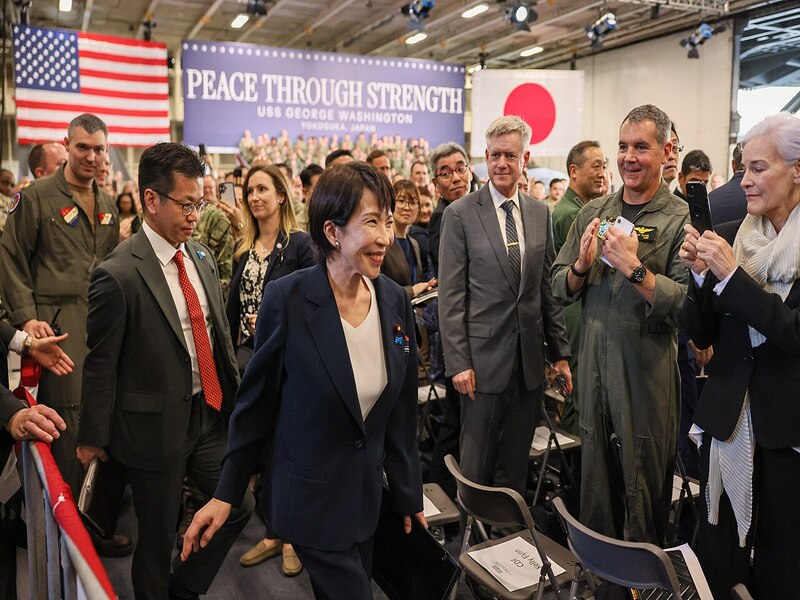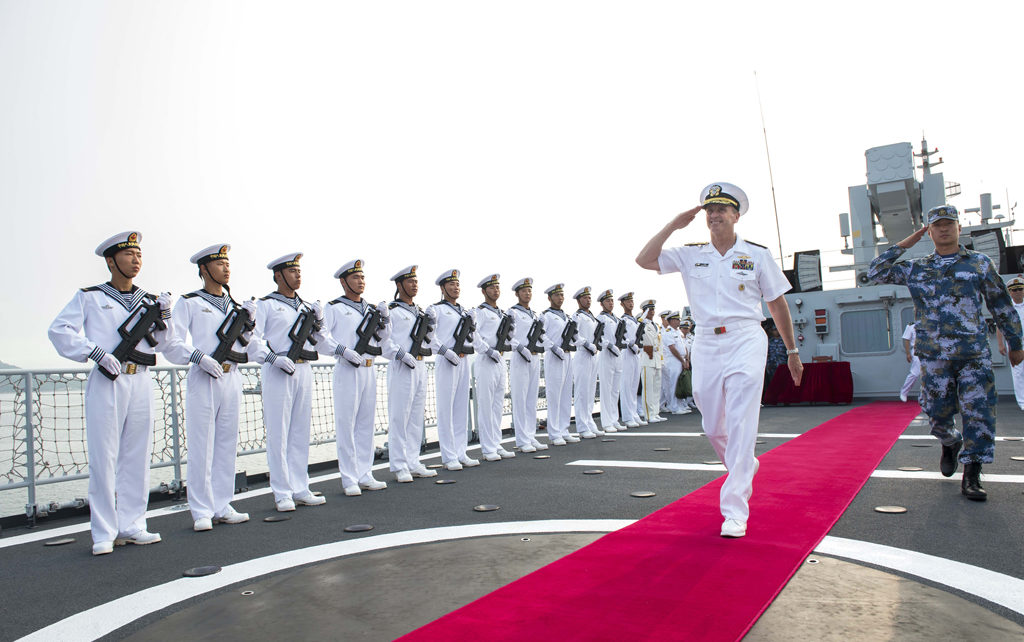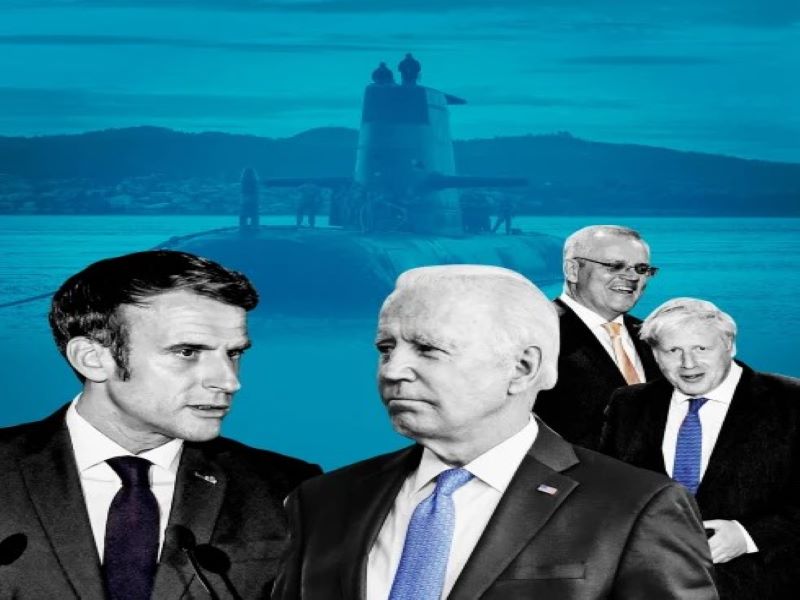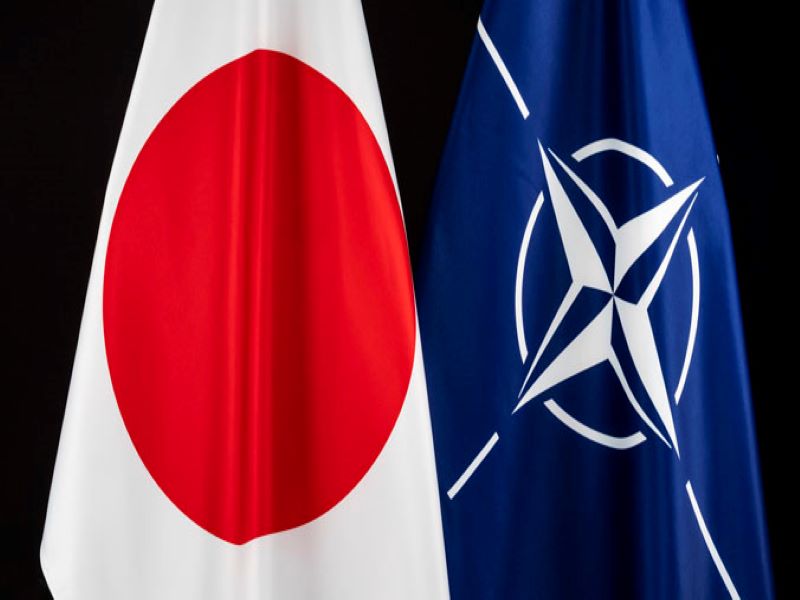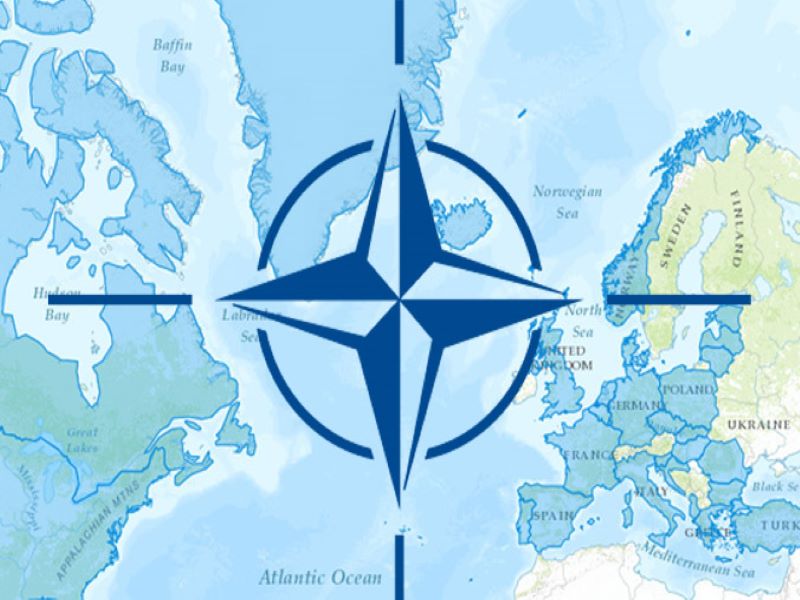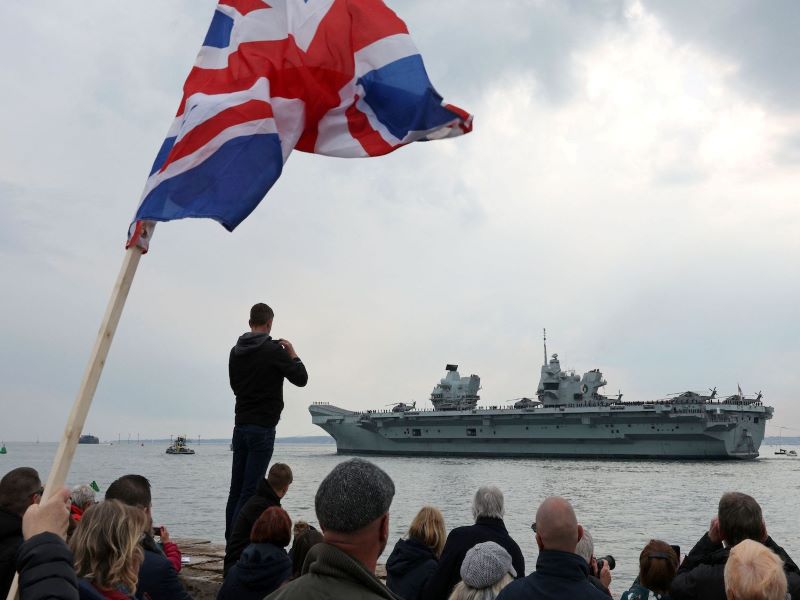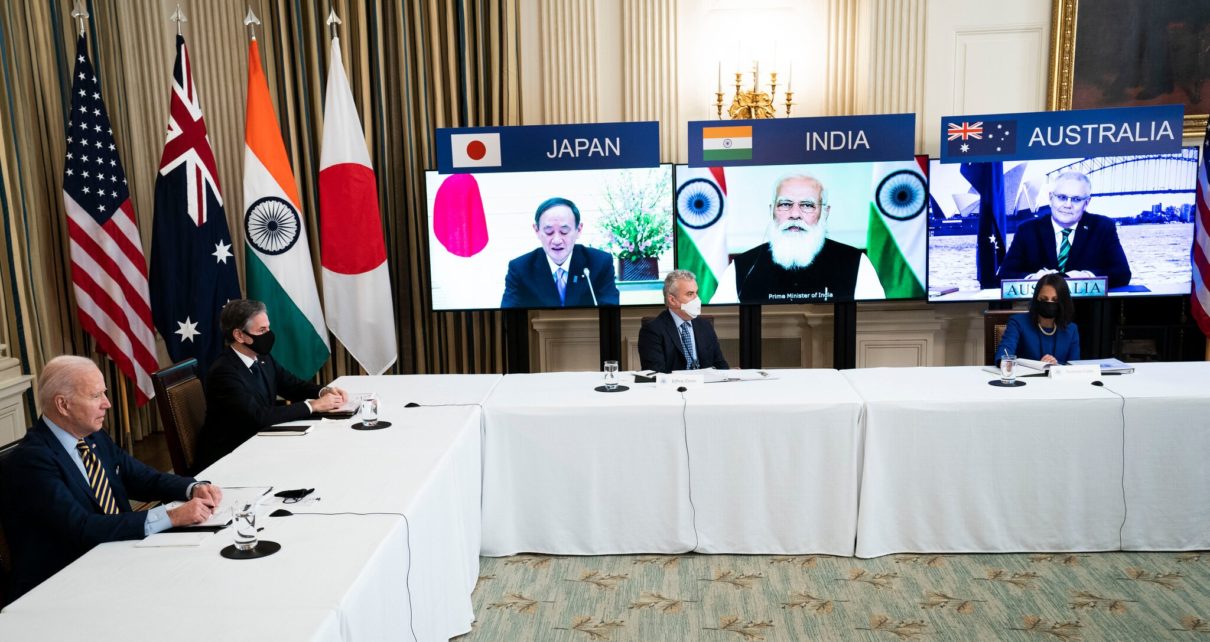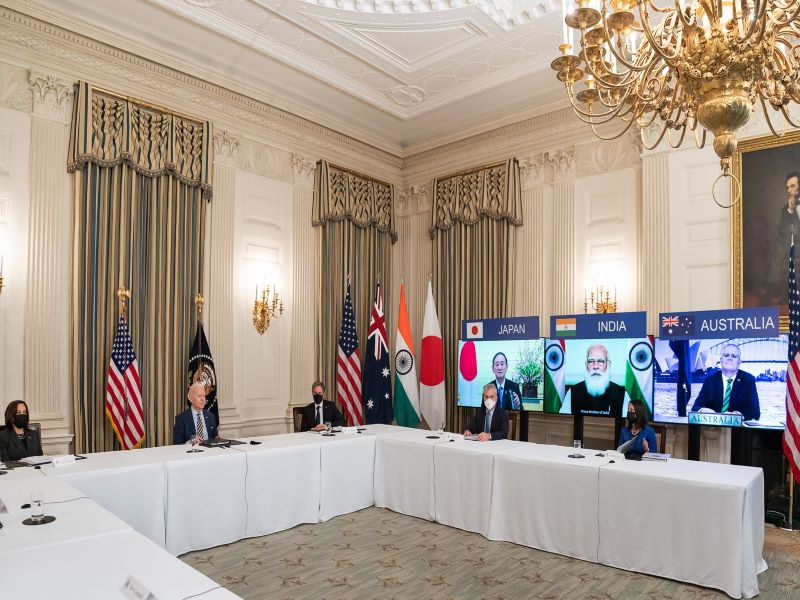Narayan Srivastava examines Japan’s sharp rightward turn and what it means for NATO and Indo-Pacific stability. As Japan’s long-standing political restraint gives way to nationalism and strategic assertiveness, Tokyo is reshaping regional deterrence, alliance politics, and debates over democracy and security. This article explores how a more polarized Japan strengthens collective defence while also introducing new risks of escalation in international security raising questions for NATO partners and Canada as they navigate an increasingly volatile Indo-Pacific order.
Tag: Japan
Special Report: Unveiling Western Business Implications in the Russian Defence Industry’s Supply Chains
Significant attention has been drawn to the adaptability of Russia’s defence industry and how it has diversified its supply chains, circumvented sanctions, and bolstered its ability to conduct its war of aggression on Ukraine. While scrutiny has been directed towards adversaries, such as Iran and North Korea, and intermediaries (e.g., China), including Western allies and Read More…
Nothing is Foreign Here: China, Japan, and the Influence of Narratives within American Policymaking
How do stories shape domestic articulations of foreign policy? In this special report, Jack Burnham discusses how the narratives surrounding the rise of China and Japan shaped American foreign policy debates.
NATO, AUKUS & the Indo-Pacific: Further Proof of Intra-Alliance Friction
In this article, Research Analyst Andrew Erskine assesses the implications of the AUKUS security pact on NATO’s unity and cohesion towards a collective Indo-Pacific strategy and the need for the Alliance to develop an Indo-Pacific Council to avoid further debacles of intra-alliance friction.
Special Report: NATO’s Indo-Pacific Strategy Needs Japan
In this special report, Junior Research Fellow Andrew Erskine explores how NATO-Japanese relations are key for upholding a rules-based order in the Indo-Pacific. In particular, Andrew identifies how Japan, back with NATO’s diplomatic experience, can bring together Indo-Pacific nations that do not desire a bipolar order dominated by Sino-US great power competition.
Article V & the Indo-Pacific: Will NATO’s collective defence pact function in an out-of-area region?
In this article, Junior Research Fellow Andrew Erskine examines NATO’s collective defence pact against the backdrop of the growing contest in the Indo-Pacific to determine if Article V could be invoked to defend NATO members in the region.
The Luring of the Indo-Pacific: Can NATO formulate a collective regional strategy for its members?
In this article, Junior Research Fellow Andrew Erskine explores the unilateral Indo-Pacific strategy of four major powers in NATO and how they pose a challenge for NATO in developing a collective strategy for the region.
Oh QUAD, What Art Thou?: Key strategic lessons the QUAD can take from NATO’s longstanding history
When the Quadrilateral Security Dialogue (QUAD)—Australia, India, Japan, and the United States—leaders convened virtually in early March, they discussed the threat of COVID-19, economic cooperation, and the ongoing climate crisis. Despite these real and significant challenges, the QUAD, and its members, are more concerned with the belligerent rise of China in the Indo-Pacific. It is Read More…
The Asia-Pacific Mulls Over 5G National Security Concerns
In this article, Bryan Roh analyzes how countries in the Asia-Pacific have approached Huawei’s role in building next-generation wireless networks.
The Quad and the Blue Dot Network: Opportunities for Expansion and Cooperation in the Indo-Pacific
In this article, Research Analyst Emilio Angeles surveys opportunities for developing the Quad’s Blue Dot Network in the Indo-Pacific.

